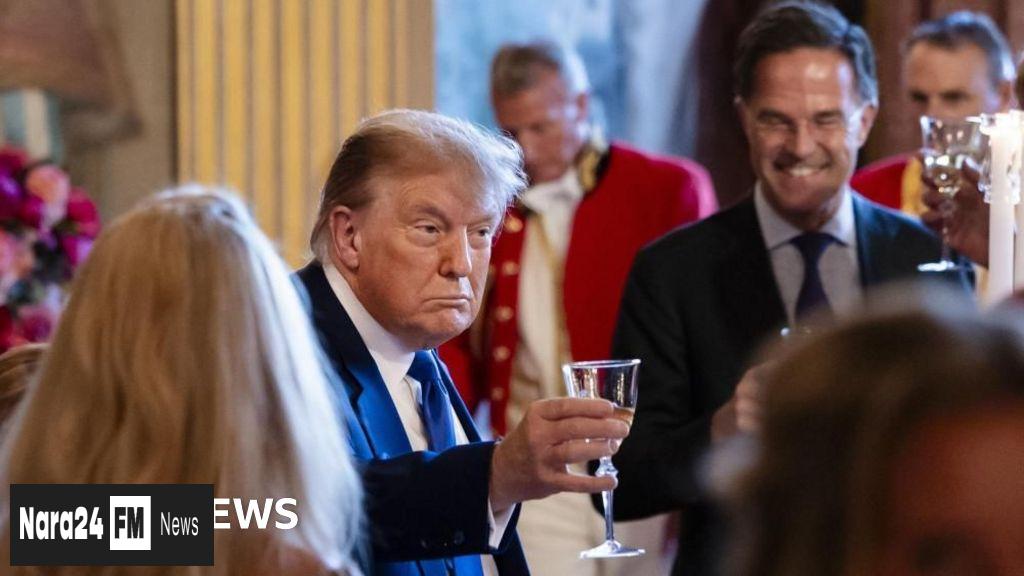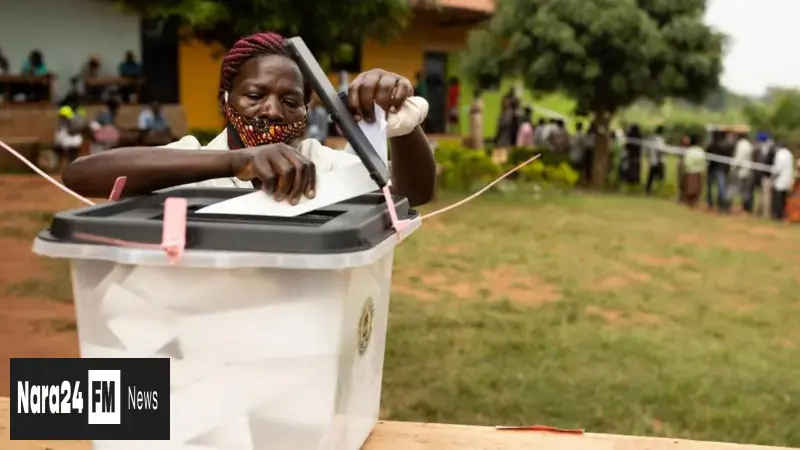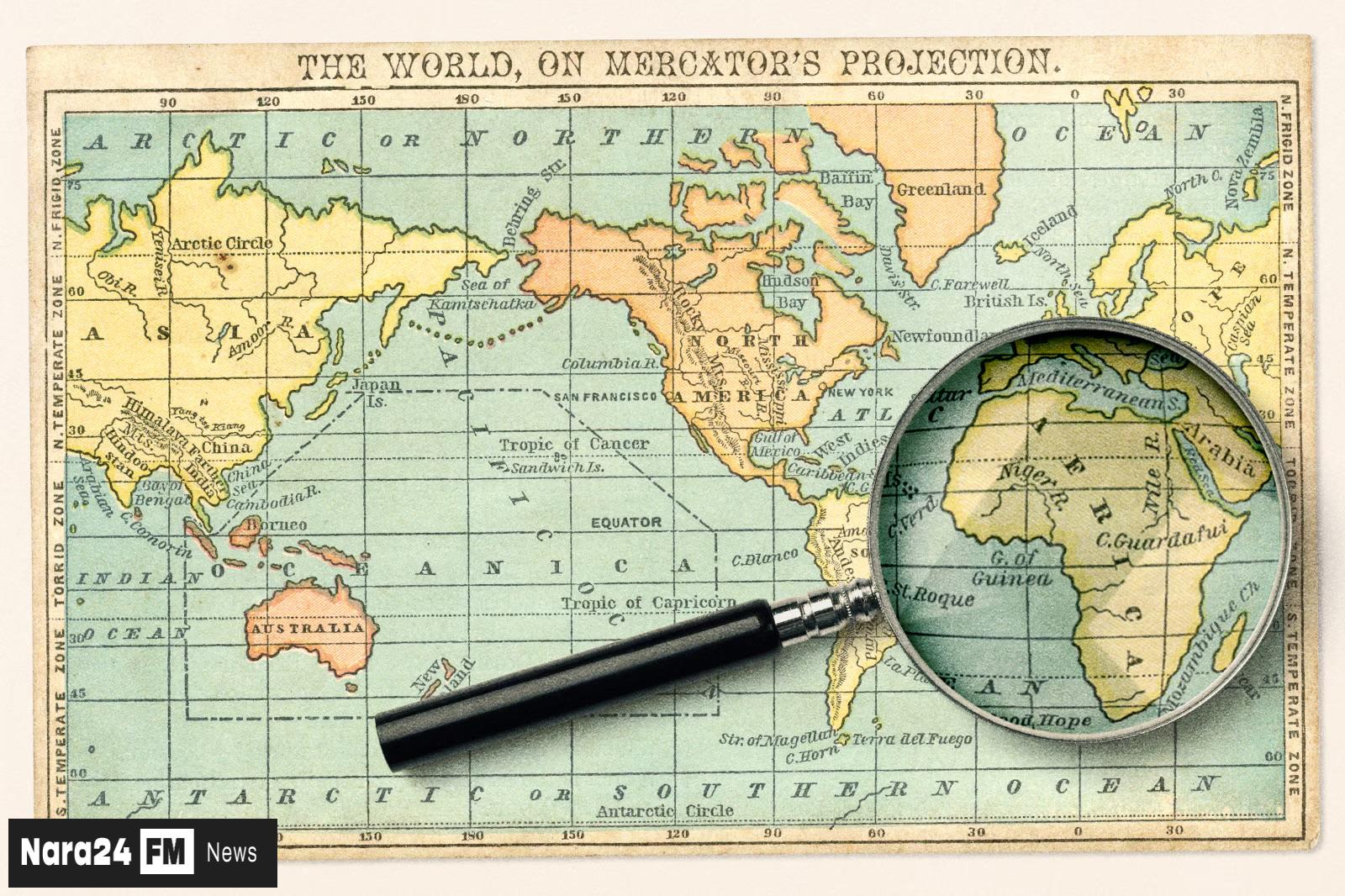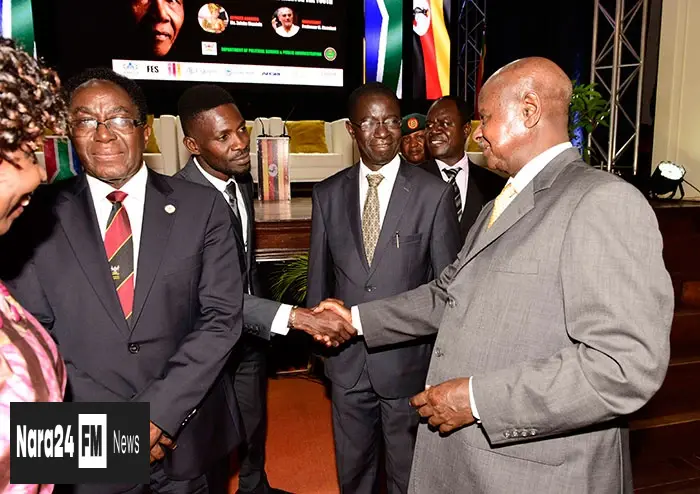In This Article
- Trump's Diplomatic Successes and NATO Summit Participation
- NATO Secretary General's Praise for Trump's Middle East Actions
- White House Claims Ceasefire and Nuclear Threat Elimination
- Persistent Challenges: Iran's Nuclear Program and Regional Instability
- Domestic Criticism and Vance's Foreign Policy Doctrine
- Uncertain Future: Navigating Global Diplomacy Amid Volatility
President Donald Trump is enjoying a wave of international acclaim as he heads to the NATO summit in the Netherlands, buoyed by recent diplomatic successes in the Middle East and renewed commitments from alliance members. However, beneath the surface of these victories lie significant challenges that could undermine his administration's long-term goals.
During his flight aboard Air Force One, Trump shared a personal text message from NATO Secretary General Mark Rutte, who lauded the president for his "decisive action" in authorizing U.S. airstrikes on Iran's nuclear facilities. Rutte’s message, which Trump posted on his Truth Social account, praised the move as "truly extraordinary" and credited the president with achieving a fragile ceasefire between Israel and Iran. Rutte also commended Trump for securing NATO members' agreement to increase defense spending to 5% of their GDP, calling it "another big success."
The warm reception from Rutte underscores a notable shift in Trump's diplomatic standing, particularly after a tense week at the G7 summit in Canada. Last week, Trump left the summit early as tensions between Israel and Iran escalated, culminating in U.S. airstrikes on Iranian nuclear facilities. By Tuesday, a ceasefire was in place, allowing Trump to pivot to his next international engagement with a sense of accomplishment.
White House officials have echoed Rutte's sentiments, asserting that Trump's military intervention eliminated the threat of Iranian nuclear weapons and effectively ended what the president has termed the "12 Day War." His direct involvement, including an "exceptionally firm" phone call with Israeli Prime Minister Benjamin Netanyahu, was instrumental in securing the ceasefire.
Despite these achievements, the situation remains precarious. U.S. military intelligence reports suggest that Iran's nuclear program has only been delayed by months, not fully dismantled, and the country's stockpile of enriched uranium remains intact. The White House has dismissed these assessments as "flat-out wrong" and accused critics of attempting to "demean" the president.
Questions also persist about the stability of the ceasefire, with Middle East truces historically proving fragile. Iran's leadership, weakened by weeks of Israeli attacks, faces an uncertain future, raising concerns about potential chaos and regional turmoil. Meanwhile, ongoing conflicts in Gaza and Ukraine continue to pose significant challenges for the administration.
Domestically, Trump has faced criticism from some Republicans, though efforts to limit his military authority in Iran have stalled. This has allowed the president to focus on promoting his administration's achievements, including Vice President JD Vance's recent articulation of Trump's foreign policy doctrine: defining American interests, negotiating aggressively, and using overwhelming force when necessary.
However, critics argue that Trump's approach often appears reactive and inconsistent, marked by rapid shifts in strategy and rhetoric. In recent weeks, the president has oscillated between distancing the U.S. from Israel's actions, advocating for Iran's surrender, and negotiating a ceasefire with ambiguous terms. This unpredictability has left allies and adversaries alike navigating a diplomatic rollercoaster.
As Trump continues to celebrate his successes, the road ahead remains fraught with uncertainties, underscoring the complexities of global diplomacy in an increasingly volatile world.








Comments (0)
Leave a Comment
Be the first to comment on this article!